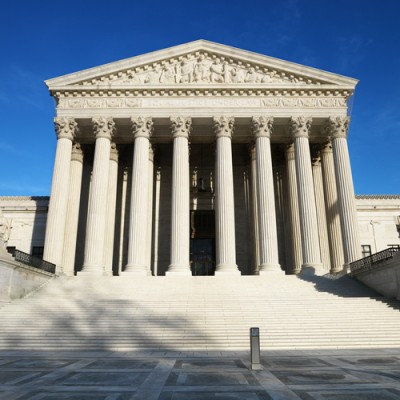Supreme Court to consider whether corporations may be liable for overseas human rights violations

The U.S. Supreme Court on Monday agreed to decide whether Arab Bank can be held liable for allegedly acting as a “paymaster” for terrorists.
The court agreed to decide an issue not decided in its 2013 decision interpreting the Alien Tort Statute: whether corporations can be liable under the law. Reuters, the New York Times, Courthouse News Service and Bloomberg News covered the cert grant.
The 2013 case, Kiobel v. Royal Dutch Petroleum, had held that there is a presumption that the law does not reach human rights violations committed in other countries. The presumption can be overcome, however, if the claims sufficiently touch and concern the United States, the court said in Kiobel.
When the Supreme Court accepted Kiobel, it had said it would decide whether corporations can be sued but then opted to decide the broader issue.
The plaintiffs in the new case claimed (PDF) that Arab Bank, specifically its New York branch, distributed hundreds of millions of dollars to international terrorists to finance suicide bombings and reward their families.
The bank said that, to the contrary, it has worked with the United States in the fight against terrorism financing, according to the Reuters account. There were only four transactions out of 500,000 involving terrorists designated by the U.S. government, and they were due to human error, the bank said.
The case is Jesner v. Arab Bank. The SCOTUSblog case page is here.



